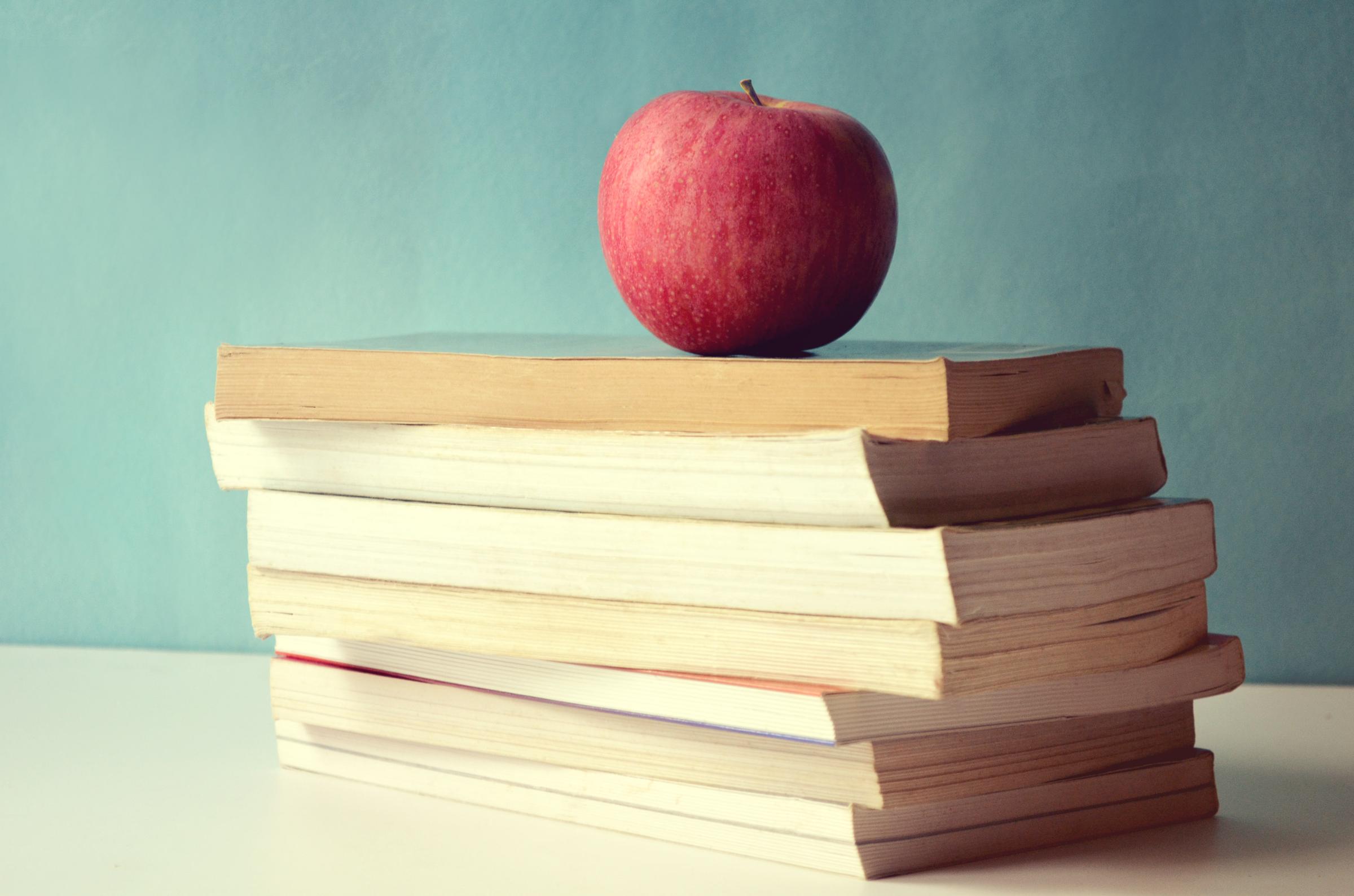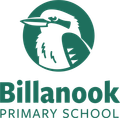Literacy

InitiaLit Reading and Spelling
Level 1
This term Reading and Spelling InitiaLit Program will include the following:
- Reading and spelling words with regular and irregular spelling patterns including digraphs and trigraphs
- Reading and spelling CVC (Consonant Vowel Consonant), CCVC, CVCC, and CCVCC words
- Reading and spelling with high frequency and irregular high-frequency (Tricky) words
- Reading different texts that include relevant spelling focuses
- Reading storybooks with a focus on making predictions, answering comprehension questions (literal & inferential), making connections, learning new vocabulary, writing a response to the story, summarising (beginning, middle, end)
- Ongoing practise of reading fluency
- Reviews to assess reading and spelling growth
- Reading decodable books
- Increasing each students’ reading stamina
- Using our individual book boxes which contain texts and activities aimed at targeting student's learning goals
Level 2
This term’s Reading and Spelling InitiaLit Program will include the following:
- Reading and spelling words with various phonemes
- Reading and spelling of multi-syllable words
- Morphology: word building using basic prefixes and suffixes
- Reading and spelling with high frequency and irregular high-frequency (Tricky) words
- Reviews to assess reading and spelling growth
- Reading decodable books
- Increasing each students’ reading stamina
Writing
Narratives, Recounts, Information Reports
- Text structure
- Sentence structure
- Accurately using punctuation
- Accurately using capital letters
- Accurately forming letters and improving the presentation of handwriting
- Descriptive language (adjectives, adverbs, etc)
- Apply spelling knowledge and skills to writing pieces.
- Editing
Mentor Texts
- Exposing students to 'Good Writers'
- Looking and analysing mentor texts
- Focusing, analysing and manipulating sentences/paragraphs
Readers
The children continue to do a great job at independently changing their readers on their allocated day and it has been great to see so much home reading happening. Please continue to ensure that your child fills out his/her diary with the reading journal each day. They are required to write the date, title of the book they read and we ask that you sign the diary each day. Please note, your child can record any reading that they do at home into their reading journal, not just their reader.
Continue to ask your child lots of questions about the book that they are reading to make sure that they have a good understanding of what is happening inside the text. Some examples of questions that could help with comprehension are:
- What do you think the characters are feeling?
- What would you do if that happened to you?
- Why did that character want to do that?
- Would you change the ending, beginning or middle?
- What would you change in the story to make it more interesting?
Home Spelling
Thank you for supporting our home-spelling which began in Term 2. We will continue this throughout Term 3 and hope that your child is practising their spelling words a couple times a week. Please note, the weekly words being sent home will contain a combination of new Tricky words and old Tricky words from Term 2. It is hoped that the revision of these words will help students to retain the correct spelling. Just a reminder that we don't require your child to hand their home spelling work into their teacher. We will hopefully see their hard work reflected in their daily writing as well as in regular spelling assessments. Thank you again for your continued support with your child's home spelling.
